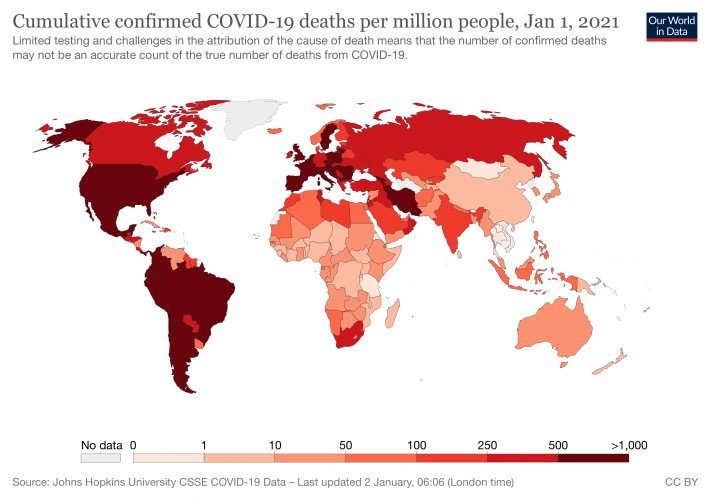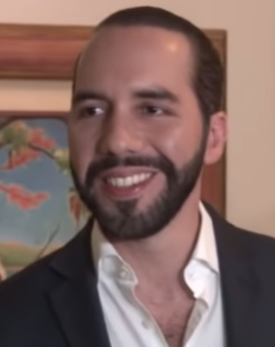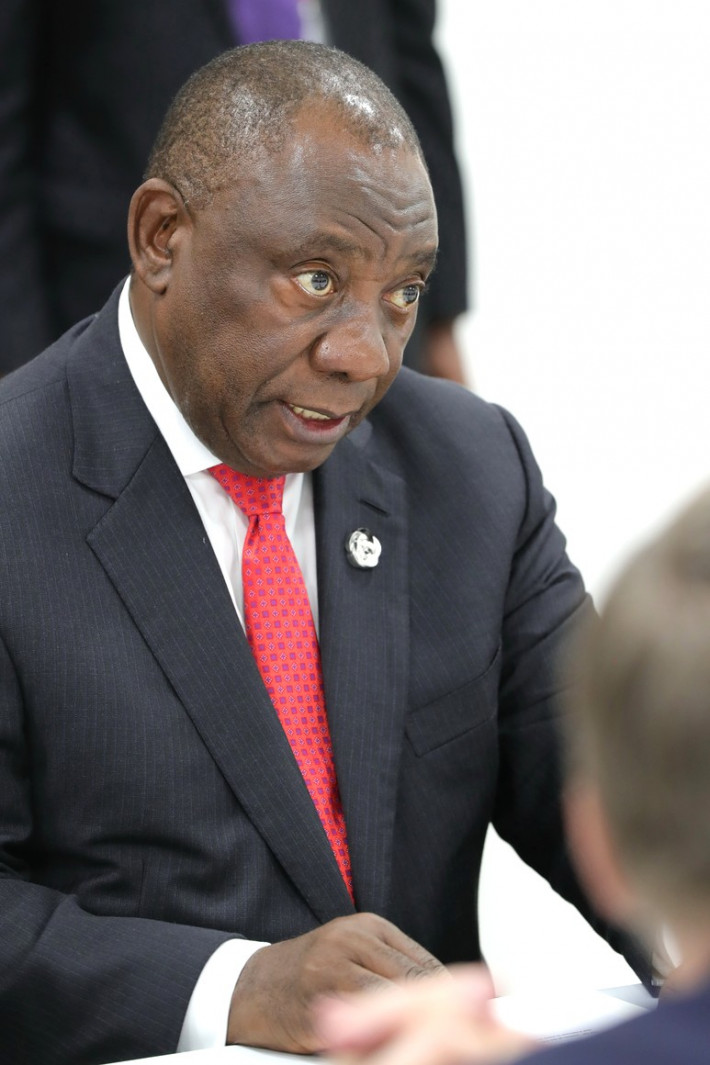Mexico and Argentina are exercising important leadership in providing vaccines to Central and South America and the Caribbean, coordinating through the Community of Latin American and Caribbean States (CELAC), of which Mexico is the President pro Tempore. This initiative reflects the two nations’ strategic partnership which extends beyond the matter of vaccines, into foreign policy and economic development issues. In the middle of the Covid pandemic, however, their collaboration on vaccine production and distribution has been crucial. As per the agreement signed by the two governments last year, Argentina’s mAbxience lab produces the actual AZ vaccine which is then shipped to Mexico’s Liomont lab for final bottling and packaging.
Delayed for a few months, the program really got underway on June 12, when Mexico sent 400,000 AZ doses to Bolivia, Paraguay and Belize–100,00 for Belize, and 150,000 each for Bolivia and Paraguay–which, as Foreign Secretary Marcelo Ebrard pointed out, makes six CELAC countries that have access to the AZ vaccines. He reported that Haiti, Jamaica and Trinidad and Tobago would soon be receiving vaccines as well; Jamaica did receive 65,000 AZ doses on July 3, the seventh Mexican vaccine donation to that country.
All of the vaccines donated to other nations are personally delivered by high-level officials of the Mexican Foreign Ministry. Maximiliano Reyes, Undersecretary for Latin America and the Caribbean, delivered vaccines to Belize, and on June 24, Ebrard himself flew to Central America on a Mexican Air Force jet–two planes were deployed, one to Honduras and one to Guatemala and El Salvador– to deliver 400,000 doses of AZ vaccine for distribution among those three countries. In a tweet, he emphasized that the 400,000 donated doses are “produced by Argentina and Mexico” and are being provided to demonstrate “that we are consistent and [have] solidarity with other countries,” Sputnik reported him saying the same day. “The Community of Latin American and Caribbean States is present! United we are better!” he added.














